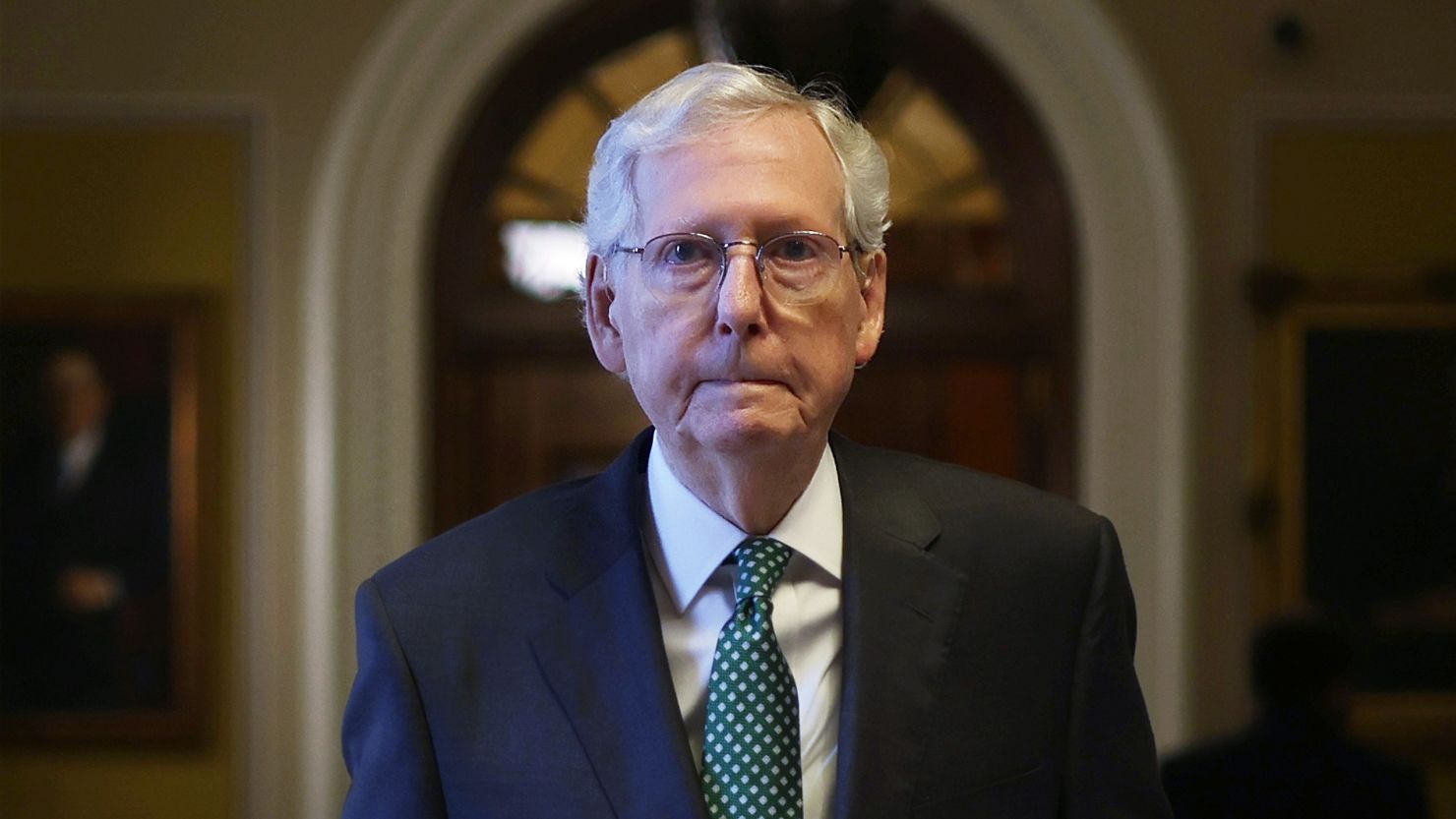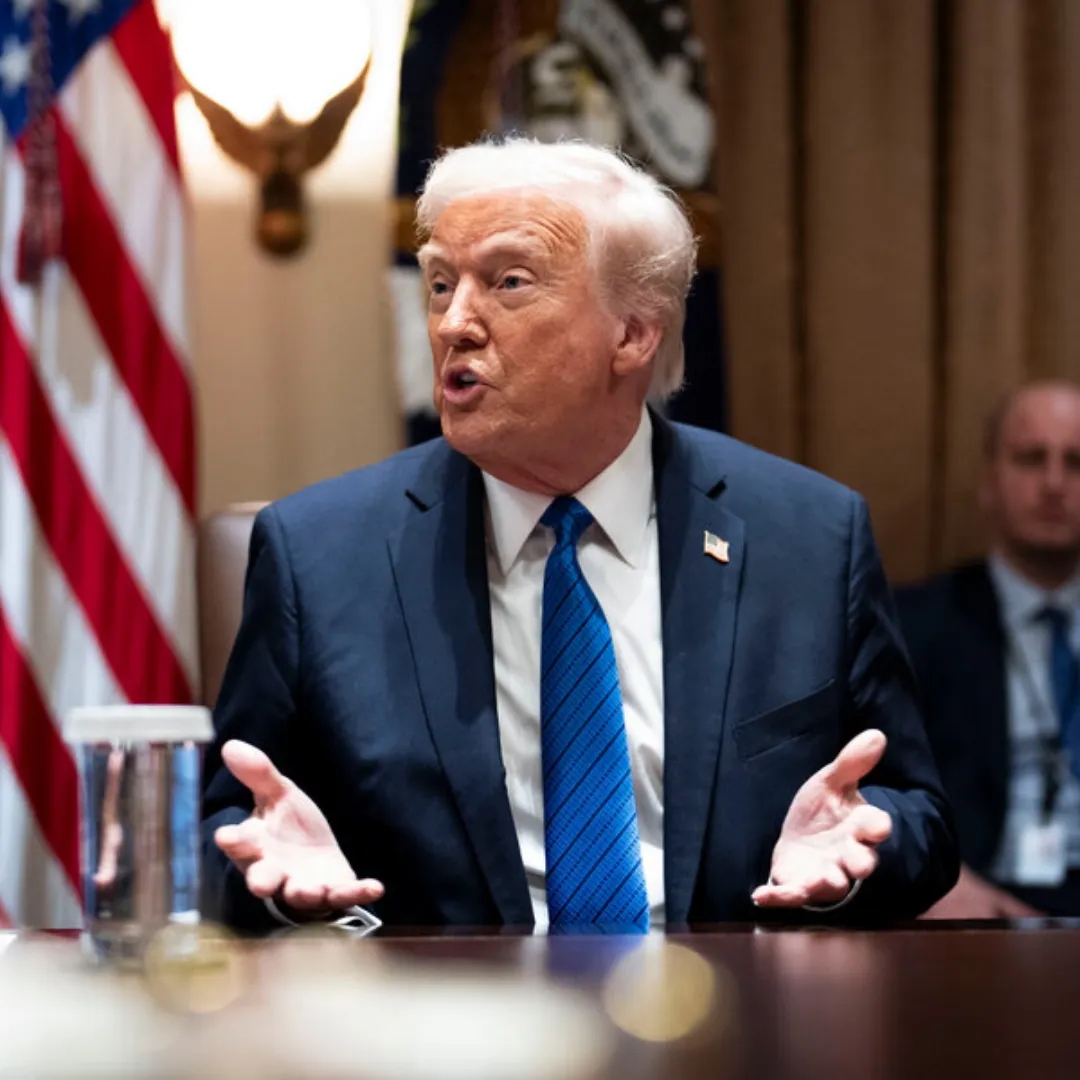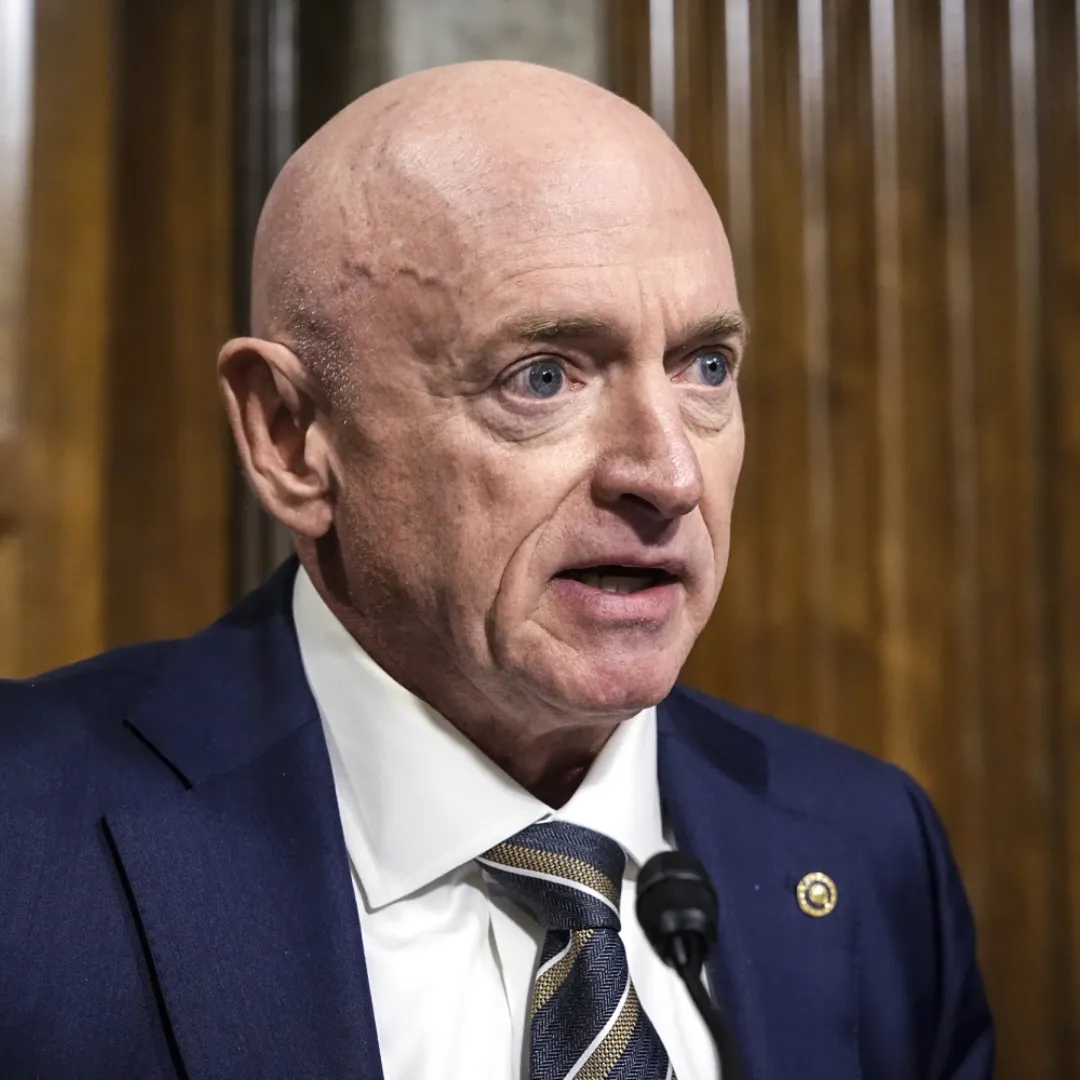In a week marked by political flashpoints, two high-profile confrontations have once again exposed deep fissures within the Republican Party — one over policy, the other over principle.
In the Senate, four Republican senators joined Democrats in a vote to overturn President Trump’s controversial tariffs on Canadian imports, delivering a stinging rebuke on the very day Trump rolled out a new round of broad-based trade penalties.
Meanwhile, in the House, Democratic Rep. Jasmine Crockett (Texas) stood her ground against public attacks from Attorney General Pam Bondi — an ally of Trump — over Crockett’s pointed remarks about Elon Musk, sparking a national conversation about political speech and selective outrage.
Taken together, these events paint a picture of growing tension between traditional conservatives, libertarian-minded lawmakers, and Trump-aligned loyalists — tensions that may reshape the Republican identity as the 2024 election looms.
In a dramatic vote Wednesday, the Senate passed a non-binding resolution to undo Trump’s 25 percent tariffs on Canadian imports, including energy and industrial goods.
Though symbolic in nature, the resolution passed 51-48 — with four Republican senators joining Democrats in a move that directly challenges Trump’s authority on trade.
Senators Mitch McConnell (Ky.), Rand Paul (Ky.), Susan Collins (Maine), and Lisa Murkowski (Alaska) defied party leadership and cast their votes in favor of repealing the tariffs. Their reasoning was both economic and diplomatic.
“At a time when Americans are tightening their belts, we would do well to avoid policies that heap on the pain,” McConnell said. “We ought to strengthen our friendships abroad and reinforce our allies as pillars of American prosperity and security.”
McConnell, who previously served as Senate Majority Leader, has long opposed tariffs as an ineffective and costly economic strategy. He noted the impact of the Canadian tariffs on his home state of Kentucky, where key industries — including bourbon, agriculture, and manufacturing — depend on global trade.
“These tariffs are, at their core, taxes on everyday working Americans,” he added.
The pushback came just hours after Trump unveiled a sweeping new 10 percent tariff on all foreign imports, along with even steeper rates aimed at what the White House has called “trade aggressors” — including China, the EU, Japan, and Vietnam.
Trump attempted to frame the tariffs on Canada as a necessary step in fighting the flow of fentanyl into the U.S., a claim met with skepticism by both lawmakers and analysts.
“With so much at stake globally, the last thing we need is to pick fights with the very friends we should be working with to push back on China’s predatory trade practices,” McConnell said.
Sen. Susan Collins argued the tariffs would devastate Maine’s border economies and industries such as forestry and lobster fishing.
Sen. Rand Paul voiced a constitutional concern: “Tariffs are taxes. And our Constitution is clear — taxes originate in the House, go to the Senate, and then to the President. They’re not the sole domain of the executive.”
Paul also warned of economic damage: “Trade builds prosperity. Tariffs destroy it.”
Though the resolution does not carry the weight of law, the vote represents a rare and public rejection of Trump by key figures in his own party. Trump responded with fury, blasting the senators on Truth Social and accusing them of undermining his agenda.
“Hopefully they’ll get back on the Republican bandwagon and help us stop Canada from dumping fentanyl into our country,” Trump wrote.
Still, GOP leaders like Sen. John Cornyn (R-Texas) said the resolution “will go nowhere in the House” and that Trump “won’t sign it.” But the optics are hard to ignore.
While the Senate was voting on trade, a different kind of battle was taking place across the Capitol.
Rep. Jasmine Crockett (D-Texas) publicly defended herself after Attorney General Pam Bondi accused her of inciting violence for a comment Crockett made about Elon Musk during a livestream.
“All I want on my birthday is for Elon to be taken down,” Crockett joked in the video — a statement Bondi pounced on during appearances on Fox News, calling it “a threat” and demanding an apology to Tesla shareholders and the public.
Crockett fired back during a Judiciary hearing, stating: “I don’t like Elon Musk, and I’ll say it 50,000 times. That’s not violence — that’s speech. And I will not be silenced because someone wants to politicize a joke.”
She went further, warning that Bondi — as the nation’s top law enforcement officer — was crossing a line. “It’s dangerous when disagreement is twisted into a legal threat. Free speech doesn’t end when we criticize the powerful.”
Though the topics differ — tariffs and free speech — both confrontations speak to a central issue in American politics today: the limits of loyalty to Trump, and how much room there is for dissent within the Republican orbit.
In one case, Republicans pushed back on a harmful economic policy that targets allies and disrupts domestic industries. In the other, a Democrat pushed back on Trump-aligned officials weaponizing outrage in a polarized media landscape.
Both cases point to a mounting frustration — with the style, substance, and strategy of Trump-era governance.
These fractures may foreshadow deeper divisions as the 2024 election cycle heats up. While Trump remains the dominant figure in Republican politics, his critics — even within the GOP — are finding more public footing.
“This isn’t about being anti-Trump,” said one Republican Senate aide. “It’s about being pro-logic. Pro-law. Pro-ally. You can’t scream ‘America First’ while burning bridges with the very partners we need to compete globally.”
Wednesday’s events offered more than a split-screen of American politics. They were a double exposure: one of a party wrestling with its identity, and a country still trying to define the boundaries of leadership, law, and speech.
On the Senate floor, it was about trade policy. On the House side, it was about the power of words. In both cases, the message was clear: Not everyone is willing to follow the leader — especially when the cost is too high, the policy too risky, or the rhetoric too loud.






